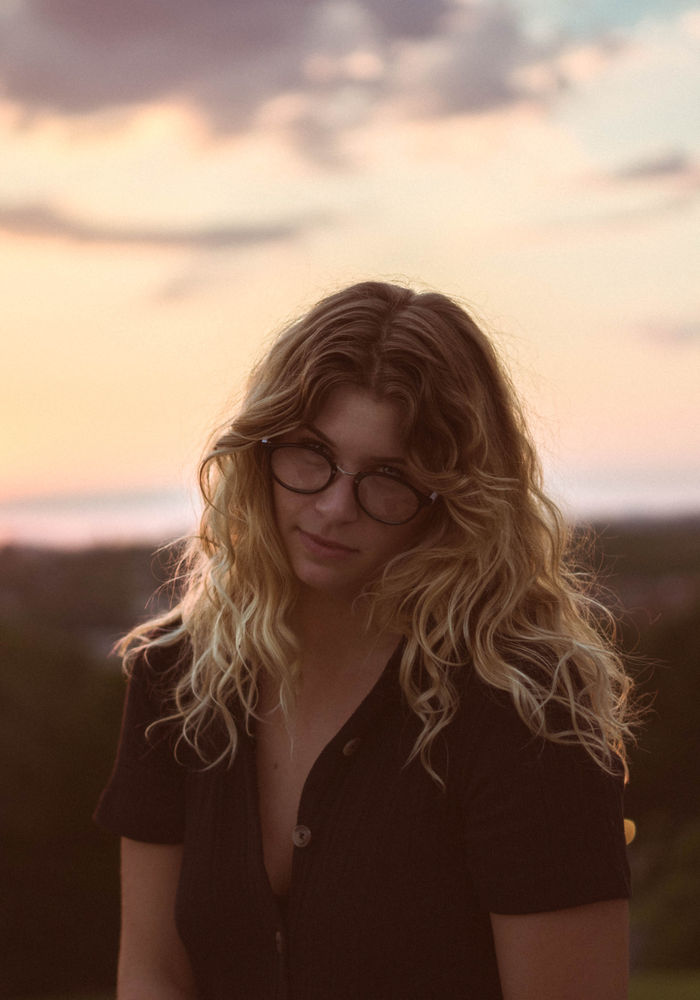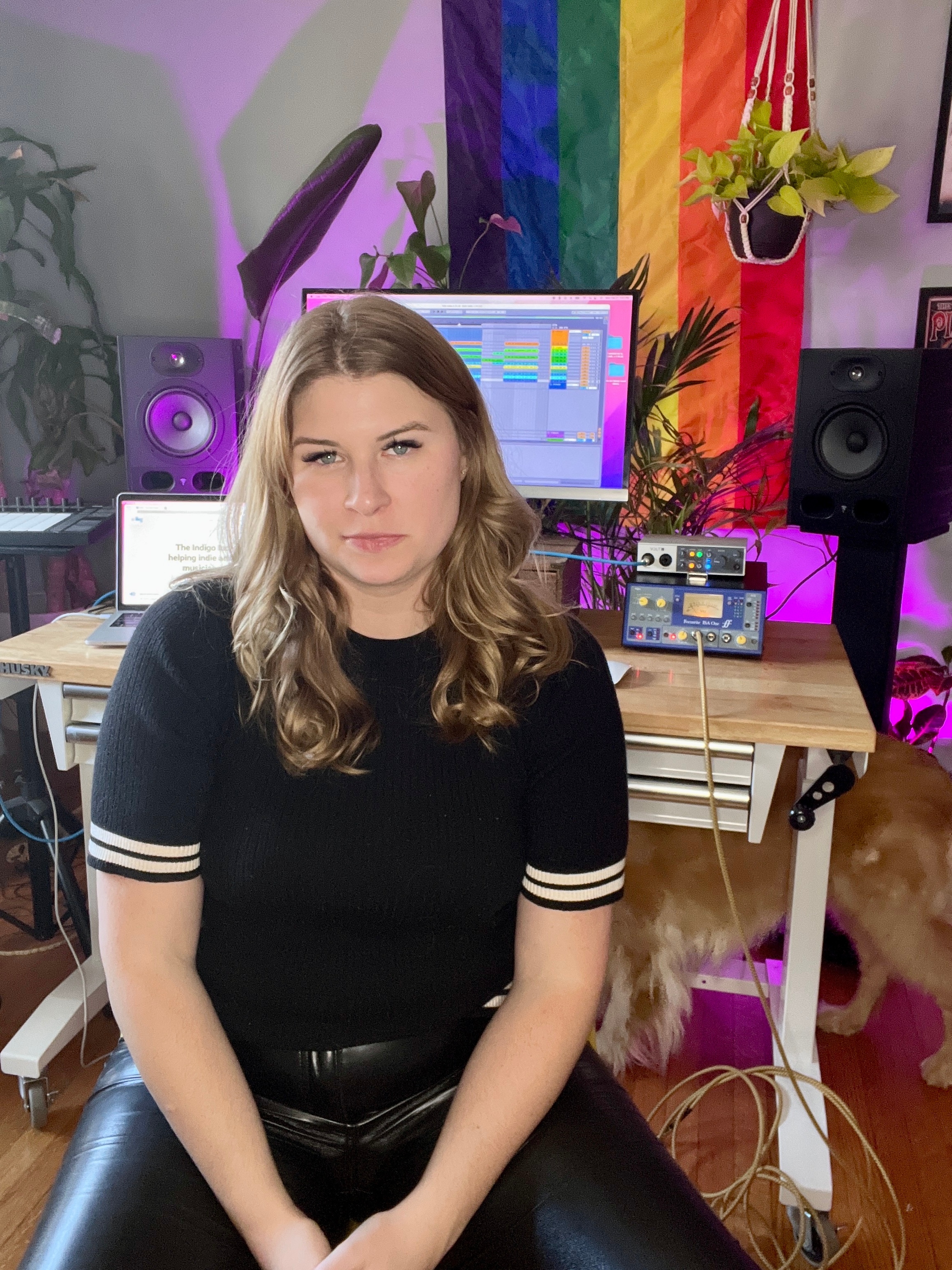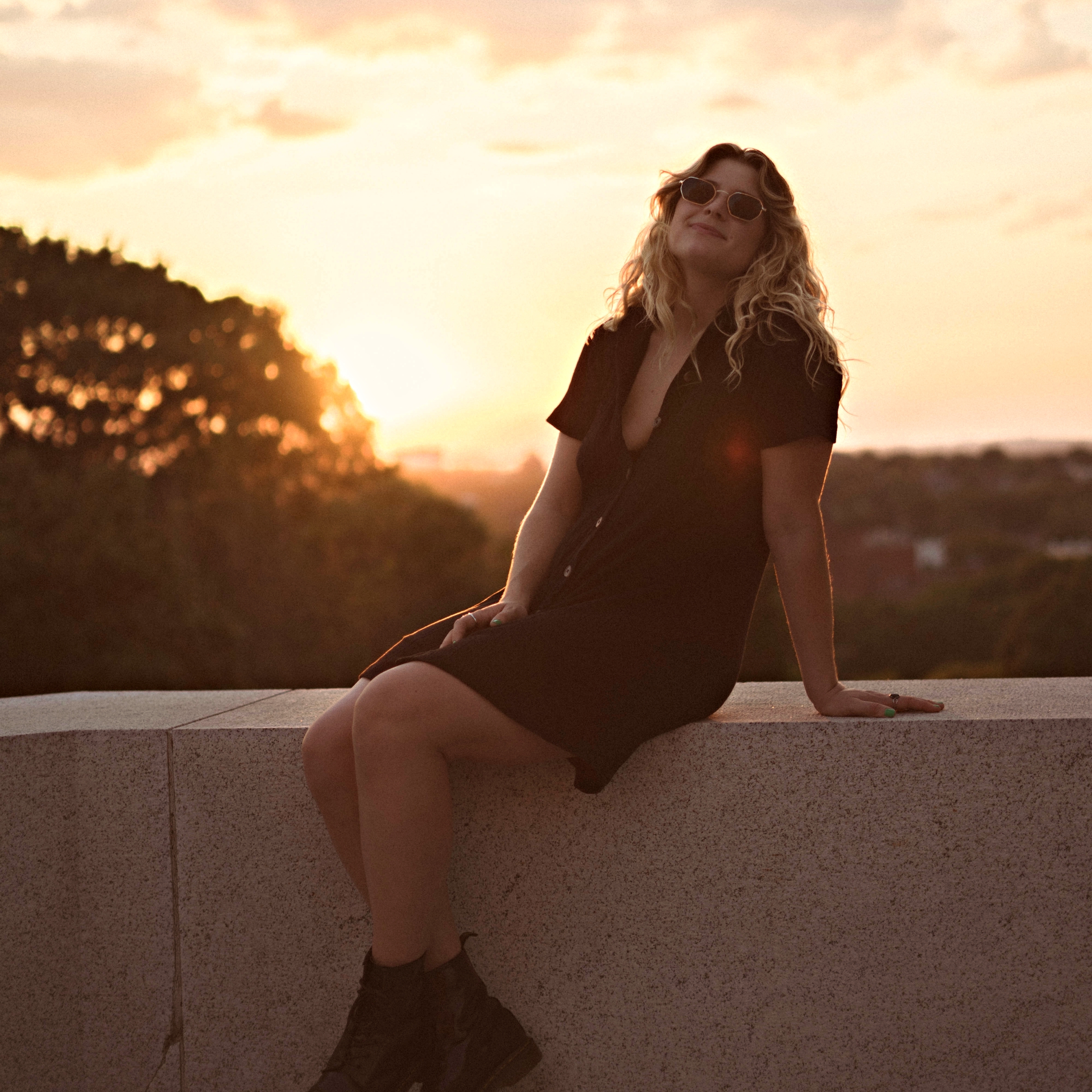Jen Miller has a very masculine energy. Not Headliner’s words, but her own, although you'd expect nothing less from a woman that has challenged misogyny and the music industry’s lack of diversity through every step of her career. The American music producer, songwriter, and recording artist explains why she founded Girl Gang Music, The Indigo Incubator, and gives an insight into her home studio.
What was the music scene like in Columbus, Ohio growing up? How did you find your way into music?
I was definitely very obsessed with music as a kid, but I didn't come from a musical family. Ohio is kind of a rural state, so it's football, sports and drinking. As a real young person I was obsessed with music, although I wasn't playing music or doing anything.
I was pursuing playing soccer, but I blew my knee out when I was 17, and that was the perfectly imperfect timing for that because that's about when you're signing your deals to go and play. Soccer was everything to me. I was like, ‘I'm a soccer player’, so once that was over, I was like, ‘What am I? What do I do?’ That's why I started teaching myself piano, because my parents had my grandma's piano in their house.
After you booked some local shows in coffee shops and bars, you ended up touring with a folk band when you were 19 and sharing stages with Ed Sheeran and Twenty One Pilots. How did that happen?
I ended up going to school in Ohio called Wittenberg, and there was not much going on in the town, so I started playing shows, because why not? I started playing in coffee shops in Springfield, Ohio and there's not very many people there, it's got a low population, but I was cutting my teeth playing live. I started doing that every weekend or whenever I could during school.
Eventually, a few guys showed up at one of my shows, and they were like, ‘Hey, we've been trying to get in contact with you; we want to be your band’. I was like, ‘I'm not really looking for a band!’ Long story short, they became some of my best friends and we started booking and doing our own tours around the US while I was in college.
In my junior year I decided I wanted to go to Edinburgh to work for the Scottish Parliament and do research. I was studying political science, not music. So I went to Edinburgh for about six months and I worked with a member of Parliament there, but I still wanted to book a few coffee shop gigs.
This dude comes in and introduces himself and says his name's Mike, he's playing a show, and he goes by the pseudonym Passenger. He was super nice and said, ‘If you want to come and play some songs, we're doing a show’. I'm like, ‘Sure, who's the lineup?’ He's like, ‘It's me, this guy Steve Larson and this guy Ed Sheeran’. I was like, ‘Sounds good. How many songs do you need?’
That actually happened. And we played The Caves in Edinburgh, which is this amazing venue that's all rock and it's illuminated really dimly. I did not really realise how famous they were about to all be, but I think that's exactly how the music industry works: be prepared for opportunity, and do it if it comes. Twenty One Pilots are friends from Ohio and I played some small shows with them.






